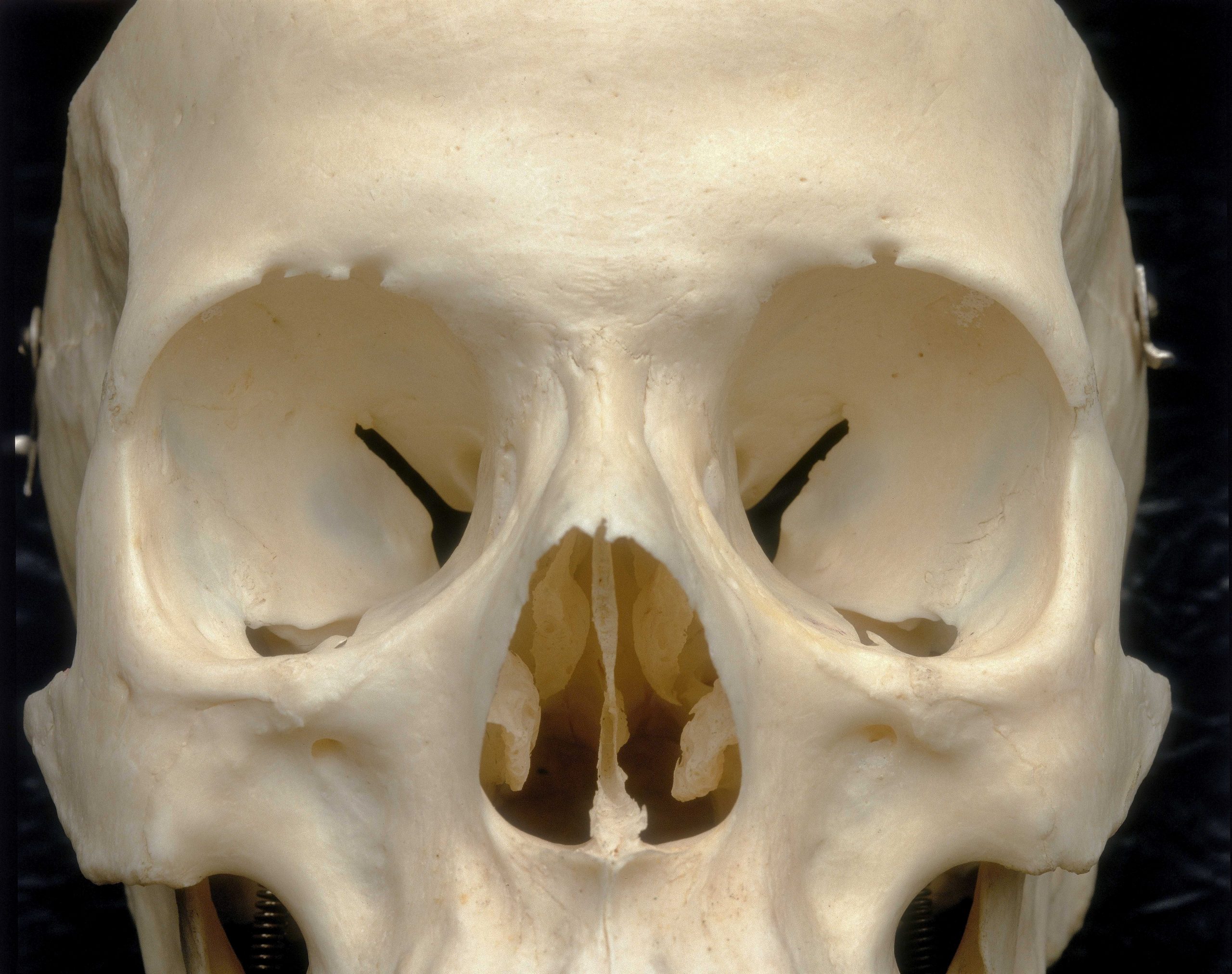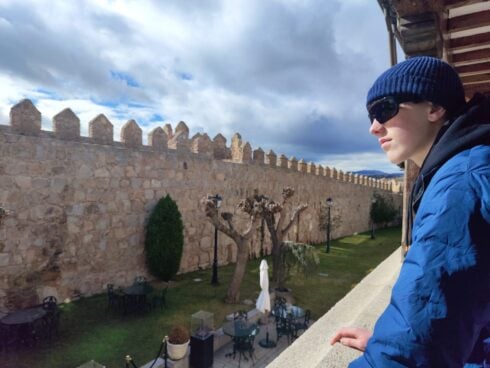A 23,000-year-old human genome has been uncovered on the outskirts of Granada and is one of the oldest ever recorded.
Researchers from the Max Planck Institute for Evolutionary Anthropology extracted DNA from human remains found in a cave.
The research confirms that the southern tip of Spain provided a key refuge for humans when much of Europe was covered by ice 20,000 years ago and cave-dwelling humans would shield from these freezing conditions in rocky caverns.
The DNA has been linked to a 35,000-year-old individual from Belgium discovered in 2016.
Data from the study provides a crucial piece to the puzzle of historic civilizations that roamed these lands.
The research confirms that the southern tip of Spain provided a key refuge for humans when much of Europe was covered by ice 20,000 years ago and cave-dwelling humans would shield from these freezing conditions in rocky caverns.
READ MORE:
- Los Baños del Carmen, a century-old spa in Spain’s Malaga, on its way to being declared Heritage of Cultural…
- Discovery in cave in Spain suggests for first time that neanderthals had the capacity to collect trophies
- ABSOLUTELY FAB FRESCOS: Spain has some of the best, plus one or two ‘unfortunate’ examples!
Click here to read more News from The Olive Press.








